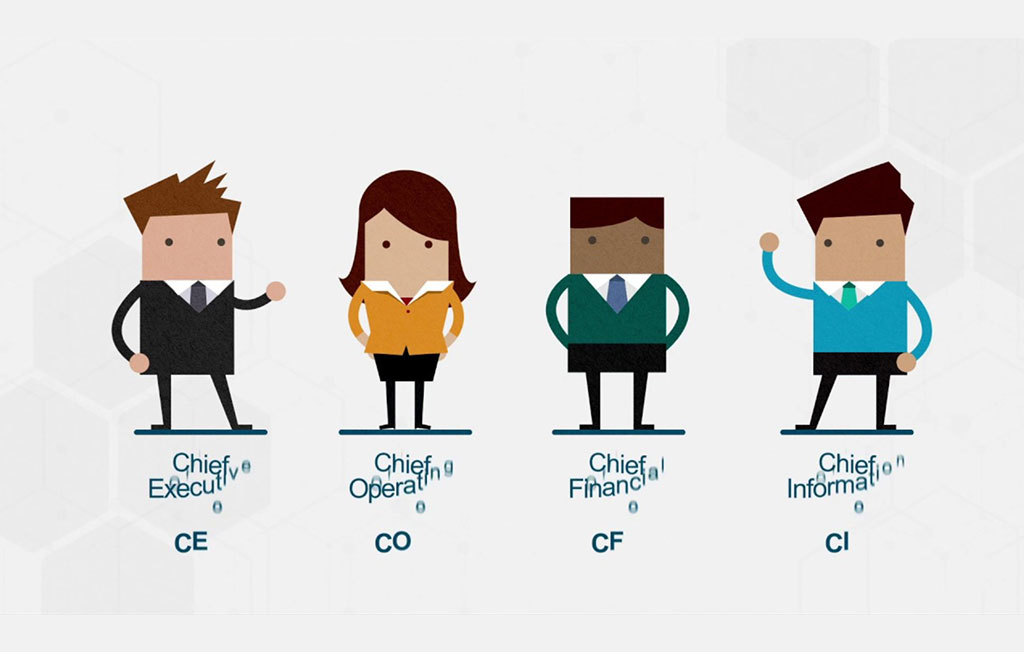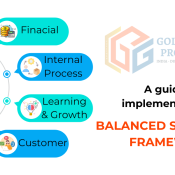
WHY CONSTANT LEARNING TO C-SUIT ?
Continuous learning at the C-level is usually assumed to be unnecessary. After all, if people have made it to the top, or are almost there, don’t they already know all they need to know? The truth is that while most C-level executives and second-rung senior management already have several years of development and experience under their belts, they need to work at constantly updating their capabilities and skills. They have reached where they are based on their technical and/or business skills. But to stay in the leadership position they need more than that.
It becomes easy to rest on your laurels once you’ve reached the executive level. That’s why learning and development initiatives shouldn’t stop even at higher levels, and senior executives need to be continuously learning and gaining new training too.
Leaders know learning is important, yet corporate learning initiatives too often get set aside in favour of other priorities deemed more important. And when it comes to learning for leaders, it’s even more common – continuous learning and training at the executive level is often overlooked, ignored or just not taken seriously. Whether it’s simply forgotten or assumed that an executive doesn’t need continued training and development, it’s holding organisations back from greater success. The reality is that learning is just as important for business leaders and executives as it is for other employees. And committing to continuous learning at all levels can help organisations gain (or keep) a competitive advantage.
Why Establish Executive Training Programs
There is one keyword that executives face nearly every day and will have to manage and handle well: change. Those resilient in the face of unforeseen circumstances often have an open mind to how employees, even executives, are trained.
Change in Competition
While companies still compete with the price and quality of their goods and services, their relationship with clients, and the talent they acquire, many are now focused on operating differently. Companies are now focusing on how to operate in more agile ways, where they innovate and adapt to changes. With that has come the digital age. Modern technology makes it easier to create, gather, and process information. This has saved leaders time and enhanced decision-making. To beat out the competition, leaders will need to be at the top of their game, as things can change in an instant.
Change in Work
The world is changing quickly, even before the global pandemic caused an abrupt shift in work. This more digital approach is sure to continue in the future, meaning that executives will need to adapt to leading dispersed workforces and support efforts to up skill or re-skill staff. They’ll also need to focus on innovation and creativity to solve new problems.
Change in Learning
Executives must encourage their organisations to change how they deliver training and what content is covered in training, and then follow the regimen to learn and develop critical skills.
Relevant Skills for Executive Training
Establishing training needs for executives before setting out to train them is vital. There are certain skills that they can continue to develop that will help them in c-suite level challenges that could occur.
1. Developing Relationships
Whether it is with stakeholders, clients, team members, political figures, or the media, being able to build strong relationships is important for executives. These relationships are ever-changing, just as the market is.
2. Presence
As a leader, it’s important to have a presence when in meetings. It’s important to present well without seeming scripted or formulaic. This could include working on etiquette and confidence.
3. Public Speaking
Speaking in front of large groups, on camera, or to the media can be nerve-wracking. Working on delivery and composure can help executives keep cool in tough situations. Executives will also need to work on developing different public speaking styles. How they talk to the media should differ from how they speak to board members or staff during a presentation.
4. Change Management
As talked about previously, this is an important skill for all leaders to have. Change is inevitable and unavoidable, so leaders need to know how to manage it. From global significance to mergers to organisational shifts, leaders must know how to facilitate any changes that occur.
5. Communication
While most executives likely couldn’t have reached their level without good communication skills, it’s important to keep these skills top of mind. Meetings now likely go from more one-on-one types to group meetings, and those take a different set of skills to manoeuvre – communication styles and conflict management for instance.
6. Ethics
Executives must act in legal and ethical ways that are in the best interest of the company.
Skills that senior management needs to develop that make
continual training so important?
(We will be updating in the next blog very soon)
There’s no doubt that we find ourselves in a highly competitive business environment, and it is only going to get more intense making continuous learning even more necessary. The good news is that learning initiatives are on the rise. The 2021 Workplace Learning Report from LinkedIn reveals that over a third of global learning and development firms and professionals expect their budgets to grow every year. However, the same study reported that only 27% of C-level executives actively promote learning. It’s thus time to embrace the fact that learning is just as important for business leaders as it is for other employees, and understand that it will help organisations build, or keep a competitive advantage.





